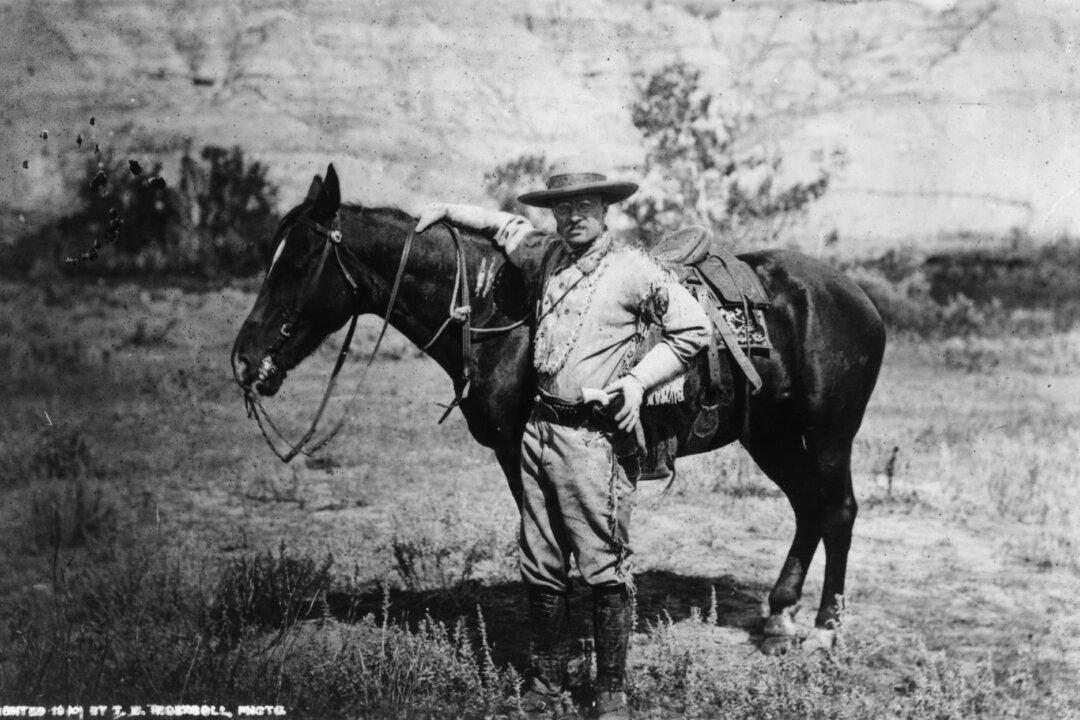Patience is a virtue, and good things come to those who wait. These are things that we remind others of, but do we truly believe them, and are they always applicable? Where do these sayings come from?
Patience Is a Virtue
First, let’s start with the saying “patience is a virtue.” The word “patience” used to carry so much richness. Think of, for example, the phrase “the patience of Job.” Based on the common, modern-day use of “patience,” Job exhibited a quality far, far greater than that. Imagine losing all of your children and wealth in a single day, having horrible sores all over your body and a wife who tells you to disavow your faith, and being falsely accused, yet enduring faithfully all the while.But if we delve deeper into the term, we find that the phrase fits Job’s story perfectly.





